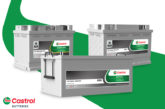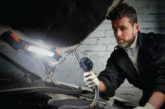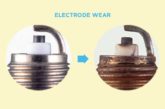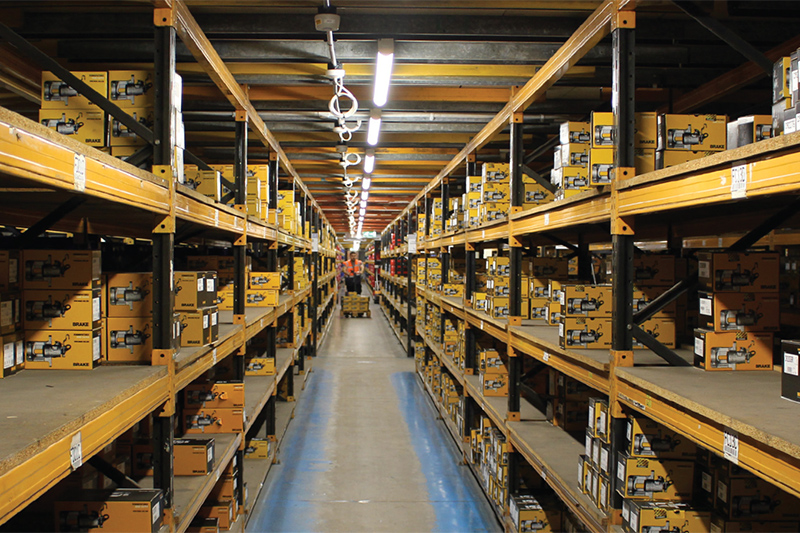
The automotive aftermarket is at a crossroads where sustainability, safety and quality are paramount, says Brake Engineering.
As the industry grapples with the dual challenges of environmental responsibility and consumer demand for affordable solutions, remanufacturing is leading the way as a responsible option for workshops. With over four decades of expertise, Brake Engineering is aiming to show how the industry can achieve its sustainability goals without compromising on safety or performance.
The essence of remanufacturing
At its core, remanufacturing breathes new life into used components, transforming them to meet or exceed original equipment manufacturer standards. For Brake Engineering, this isn’t merely a process but a philosophy.
Operating from its Centre of Excellence in Wrexham, the company employs a rigorous 10-stage remanufacturing process to deliver calipers that rival brand-new counterparts in quality and reliability. This commitment to quality is not only about meeting standards but also about setting new benchmarks for the aftermarket.
Remanufacturing is inherently sustainable. By reclaiming and reusing existing materials, Brake Engineering significantly reduces waste, conserves raw materials and minimises the environmental impact of its operations. For instance, the energy and resources required to remanufacture a caliper are substantially lower than producing a new one from scratch.
This circular economy approach ensures that valuable resources remain in circulation, aligning with global efforts to reduce carbon footprints and combat climate change.
The Wrexham advantage
Brake Engineering’s facility in Wrexham is a testament to the transformative power of remanufacturing. Spanning 20,000 square meters, this Centre of Excellence is equipped to handle large volumes, ensuring consistent supply to meet growing market demands.
To date, the facility has produced over nine million remanufactured calipers, with 120 new applications introduced annually.
This scale of operation is made possible by ongoing investments in cutting-edge technologies, including 3D printing, which accelerates prototyping and enhances manufacturing precision. The Wrexham plant also boasts an impressive 90 percent availability rate, a critical metric in the automotive aftermarket.
This achievement stems from Brake Engineering’s proactive approach to inventory management and its deep engagement with motor factors. By analysing market data and leveraging its OEM connections, the company ensures that it’s always a step ahead, anticipating demand for braking components across a wide range of vehicle models.
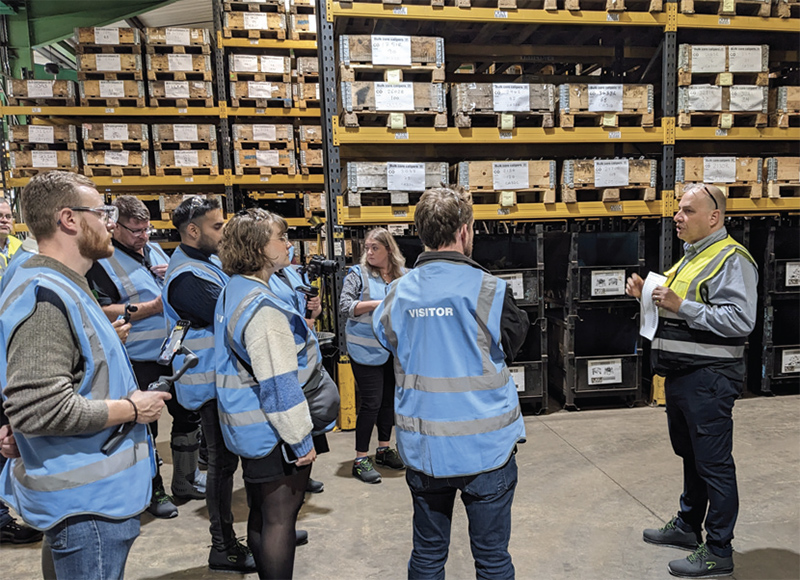
“Commitment to quality”
One of the cornerstones of Brake Engineering’s philosophy is its unwavering commitment to quality. Each caliper undergoes a meticulous remanufacturing process that includes cleaning, inspection, rebuilding and rigorous testing.
This ensures that every unit not only meets but often exceeds OEM standards. Independent studies validate the superiority of Brake Engineering’s products, particularly when compared to low-cost alternatives flooding the market.
A recent independent study commissioned by Brake Engineering revealed 29 defects in aftermarket calipers from rival brands, highlighting significant safety risks. These findings highlight the importance of choosing quality over cost, especially for safety-critical components like brakes.
With its robust processes and adherence to stringent quality standards, Brake Engineering provides a dependable solution that prioritises driver safety.
Sustainability as a business imperative
As global focus intensifies on reducing environmental impact, Brake Engineering’s remanufacturing model offers a viable pathway to sustainability. By remanufacturing rather than discarding used components, the company diverts significant volumes of waste from landfills and reduces the need for virgin raw materials. This approach not only benefits the environment but also positions Brake Engineering as a leader in sustainable manufacturing practices within the automotive aftermarket.
The environmental benefits of remanufacturing extend beyond waste reduction. By conserving energy and materials, Brake Engineering contributes to a lower carbon footprint for the automotive industry.
This aligns with the broader goals of reducing greenhouse gas emissions and promoting a circular economy, where resources are continuously reused rather than discarded.
Educating the market
One of the biggest challenges facing the remanufacturing sector is educating both consumers and industry stakeholders about its value. Too often, decisions in the aftermarket are driven by cost rather than quality, leading to the proliferation of low-cost, low-quality components.
Brake Engineering is tackling this issue head-on through targeted campaigns that highlight the dangers of substandard parts and the benefits of choosing remanufactured solutions. A key initiative in this effort was a recent media day held at the Wrexham facility, where journalists, including the PMM team, and industry professionals were invited to witness the remanufacturing process firsthand.
The event showcased the meticulous attention to detail and rigorous testing that go into every Brake Engineering caliper, reinforcing the brand’s commitment to quality and safety. This transparency helps build trust and emphasises the importance of informed decision-making in the aftermarket.
Supporting the aftermarket ecosystem
Brake Engineering’s impact extends beyond its products. The company plays a pivotal role in supporting the broader aftermarket ecosystem through training, technical support and innovative solutions.
Its Original Aftermarket programme simplifies product selection for distributors and workshops, ensuring that motor factors can quickly identify the most relevant parts for the UK vehicle parc.
In addition, Brake Engineering collaborates closely with its sister brands under the ZF Aftermarket umbrella, including TRW, SACHS, WABCO, and Boge. This collaboration allows the company to offer comprehensive solutions that address the diverse needs of the automotive industry, from braking systems and suspension components to advanced diagnostics tools.
Looking ahead
The future of the automotive aftermarket lies in sustainability, quality and innovation: three pillars that Brake Engineering embodies. As the industry evolves, the company remains committed to refining its processes, expanding its product range, and championing the benefits of remanufacturing.
By doing so, Brake Engineering not only sets the standard for remanufactured braking solutions but also contributes to a more sustainable and reliable future for the automotive sector.
In a world increasingly focused on environmental responsibility and safety, Brake Engineering’s role as a leader in remanufacturing is more important than ever.
By choosing remanufactured products, the aftermarket can reduce its environmental impact, enhance vehicle safety and support a circular economy, all while delivering exceptional value to customers.





